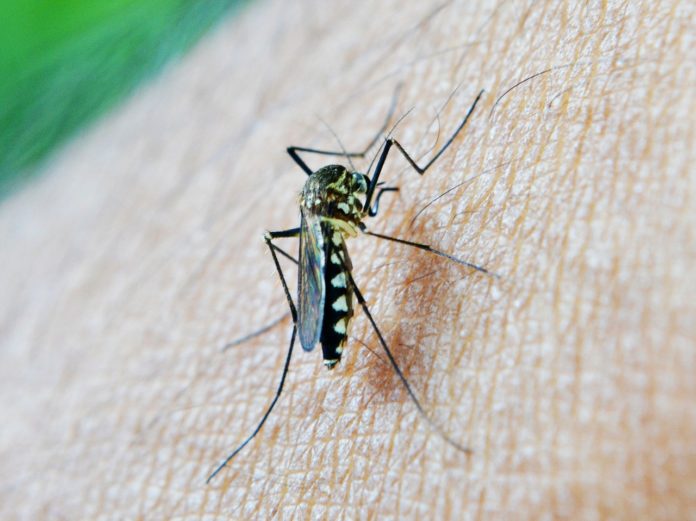According to the WHO, every year 429,000 deaths happen because of malaria, a disease caused by the transfer of the Plasmodium parasite from certain mosquito to humans. The key to eliminate this disease is to stop infected humans passing it to dozens of mosquitos which further infect more people as the life cycle of this parasite takes place both inside humans and mosquitos, as many of the scientific community believes.
Dr. Fiona Angrisano said, “This could be a target in the search for vaccines for malaria.”
Researchers at Imperial have unblocked an innovative way by following two-year study, to break this vicious circle by inhibiting the parasites’ life cycle at the point of fertilization.
An Imperial-led research team, in collaboration with researchers from the University of Maryland, have discovered that by blocking a small, easily targetable part of the HAP2 protein, which is on the surface of the reproductive cells of male malarial parasites, fertilisation between the male and female parasites can be disrupted, which acts in the form of parasitic contraception.
Dr. Fiona Angrisano, a lead author of the study from Imperial’s Department of Life Sciences, said, “We’re really encouraged by the initial findings of this study. The fact that we were able to reduce the number of fertilization events by blocking just a small part of HAP2 is promising, as this could be a cheap and easy target in the search for vaccines that will lower the transmission rates of malaria.”
Initially, in vitro studies, the team created an antibody that blocks HAP2 and added it to malaria-infected blood. They then observed the number of successful fertilization events among the parasites which revealed a significant 89.97% reduction when compared with a control experiment where no antibody was administered.
Their final observation revealed that how the HAP2-blocking approach affected the transmission of parasites between human blood and mosquitos, using blood samples of malaria patient, taken from the field in Burkina Faso, West Africa. The patient blood was combined with antibodies that block HAP2 which resulted in a 75.5% reduction in transmission of the parasite from human blood to the mosquito.
Study senior-author Dr Andrew Blagborough, also from the Department of Life Sciences, said, “Interestingly, the protein being blocked here has structural similarity to other proteins found not only in parasites but also clinically important viruses such as the Zika and Dengue viruses, giving us great potential to translate this science beyond the impact of this study.”
Dr. Blagborough added, “We now wish to delve into the mechanism of fertilization in the Plasmodium parasite further, with the hope that this understanding will hold potential to develop new and effective vaccines that reduce malaria transmission in the future.”
